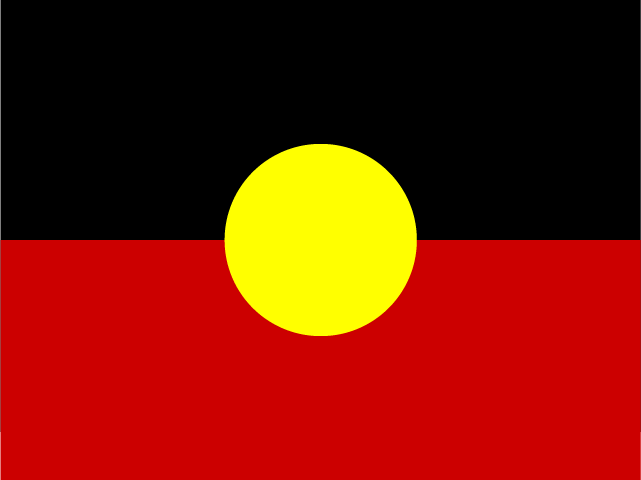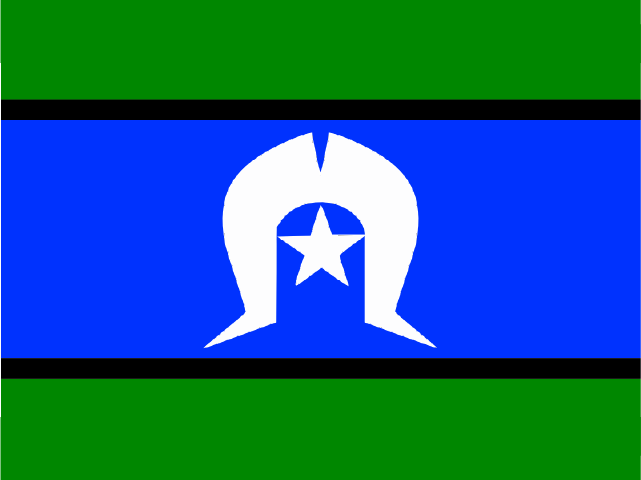Our first recipient Elizabeth recently completed her doctorate—so we had a chat with her to find out all about it and learn why she thinks you should apply for this prestigious scholarship this year.
Hi Elizabeth! Tell us a bit about yourself and what led you to your doctorate
I am an experienced research nutritionist with a career focus on people-centred research. I have always studied aspects of diabetes and how to relieve or prevent it, both within Australia and internationally. This has involved extensive research in the field and analysis including working for substantial periods of time in low-income countries.
I have a lifelong objective to contribute to long-term positive health changes and outcomes for people with diabetes, which aligned well to the doctorate research brief issued by Inspiro supported by the Dorothea Warr bequest.
What was your research project and what did you find?
My research project was to compare diabetes models of care in the Yarra Ranges, with the aim of implementing and evaluating an integrated, community-based Model of Care (MoC) for people living with diabetes in this regional setting. Four separate specific studies were conducted as part of the doctorate research over approximately 3 years. The integrated diabetes MoC addressed individual and relationship barriers to increase attendance to health care appointments and engagement with self-care. The research findings strengthen the evidence for the use of integrated models of care in rural and regional settings and provide evidence-based recommendations to support future health service research in rural and regional settings.
Why is this area of research so important to the Yarra Ranges?
In the Yarra Ranges, Australia, there was a high prevalence of type 2 diabetes but a low rate of attendance to health care appointments, placing people with diabetes at increased risk of related health complications. There was a need to better understand the factors influencing the high rate of non-attendance to a community-based diabetes service in Australia, to explore how people with diabetes are cared for and to identify how their diabetes management may be improved.
How did the scholarship make a difference for you?
I feel grateful for the scholarship. It allowed me to focus full-time on the research and become immersed with Insipro and more connected to the community of the Yarra Ranges.

What’s next for you, career or study wise?
I intend to continue to work with people with diabetes, and very much want to continue this research, with a more specific focus on implementing some of the findings.
What advice would you give to future scholarship applicants?
To identify a specific area of focus and be clear with your aim for the research activities.
Anything else you’d like to add?
No project like this can be completed without support from many people. I would like to thank Gillian Smith for developing the idea for this industry-based project and for her breadth of knowledge of the Yarra Ranges and its challenges for people with diabetes. This provided me with true insight and practical examples of how to apply this research.
To the staff at Inspiro with whom I worked: Sheryl, Vicki, Mali and Wanling – I thank them all for their support and collaboration over the three years.
I would also like to acknowledge Miss Dorothea Warr and her Trustees for their ongoing support of improving health care for people living in the Yarra Ranges and for funding this PhD. I sincerely thank them for the opportunity.
Would you like to apply for our Industry Research scholarship?
Go on! Applications are open now. Visit the La Trobe University website to find out more about the scholarship and how to apply (PS. It says that applications have closed, but they haven’t – now’s your chance!)





